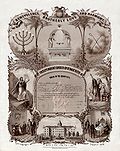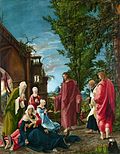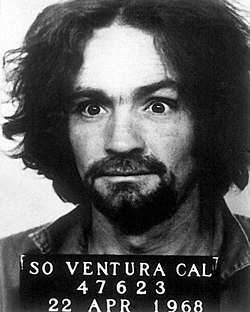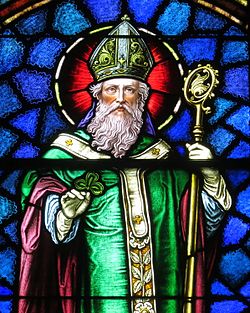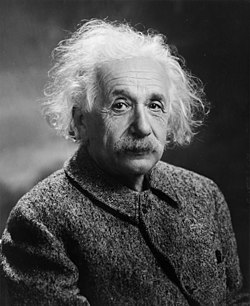
Back Википедие:Портал:Дин ADY Portal:Religion ALS بوابة:الأديان Arabic ܬܪܥܐ:ܬܘܕܝܬܐ ARC قيسارية:لأديان ARY بوابة:اديان ARZ Портал:Дин AV Portal:Religion BAR Партал:Рэлігія BE-X-OLD প্রবেশদ্বার:ধর্ম Bengali/Bangla
The Religion Portal
Religion is a range of social-cultural systems, including designated behaviors and practices, morals, beliefs, worldviews, texts, sanctified places, prophecies, ethics, or organizations, that generally relate humanity to supernatural, transcendental, and spiritual elements—although there is no scholarly consensus over what precisely constitutes a religion. It is an essentially contested concept. Different religions may or may not contain various elements ranging from the divine, sacredness, faith, and a supernatural being or beings. (Full article...)
 Vital article
Vital article
Paul, also named Saul of Tarsus, commonly known as Paul the Apostle and Saint Paul, was a Christian apostle (c. 5 – c. 64/65 AD) who spread the teachings of Jesus in the first-century world. For his contributions towards the New Testament, he is generally regarded as one of the most important figures of the Apostolic Age, and he also founded several Christian communities in Asia Minor and Europe from the mid-40s to the mid-50s AD. (Full article...)
 Did you know (auto-generated)
Did you know (auto-generated)
- ... that Freedom of Religion South Africa filed an unsuccessful lawsuit to keep child spanking legal?
- ... that the capital of South Ossetia once had more Jews than Ossetians?
- ... that the author of the comic book Timeless Voyage was the leader of a UFO religion?
- ... that Gherardo Gambelli, the incoming archbishop of Florence, served as a prison chaplain in Chad for over a decade?
- ... that Musa va 'Uj depicts figures from all three Abrahamic religions?
- ... that fictional religions, often described in speculative fiction, have in some cases inspired real religious movements?

The 2012 phenomenon was a range of eschatological beliefs that cataclysmic or transformative events would occur on or around 21 December 2012. This date was regarded as the end-date of a 5,126-year-long cycle in the Mesoamerican Long Count calendar, and festivities took place on 21 December 2012 to commemorate the event in the countries that were part of the Maya civilization (Mexico, Belize, Guatemala, Honduras and El Salvador), with main events at Chichén Itzá in Mexico and Tikal in Guatemala. (Full article...)














